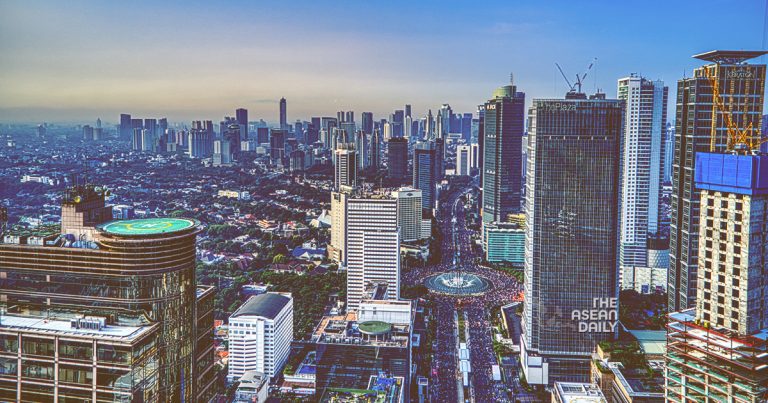10-9-2023 (JAKARTA) The tropical archipelago of Indonesia has become the latest country to offer a golden visa program, aimed at attracting wealthy foreigners to invest in and reside long-term in the island nation.
American entrepreneur Sam Altman was the first to receive Indonesia’s new golden visa, a major win for President Joko Widodo who has made foreign investment a priority. Altman, the CEO of artificial intelligence research company OpenAI, obtained the visa in late August shortly after the program was launched.
The Indonesian government introduced the golden visa as a way to boost foreign capital inflows. Under the scheme, applicants can gain a 5-year residency permit by investing a minimum of $2.5 million into a local business venture. Alternatively, they can take a more passive investment route by depositing $350,000 into public company shares, government bonds or savings accounts.
The timing of the golden visa rollout aligns with Indonesia’s first current account deficit in two years, largely stemming from weaker commodity exports. To stabilize the rupiah, the central bank has been selling short-term bonds to increase yields. As a former member of the “Fragile Five” emerging economies, Indonesia is acutely aware of fickle foreign capital flows and their impact. Even today, foreigners own around 15% of Indonesian government bonds.
U.S. Citizens Seek Investment Safe Haven Amid Growing Debt Concerns
For Americans, the Indonesian golden visa offers a relatively affordable pathway to overseas residency. But with golden visa options available from Portugal to the Caribbean, what makes Indonesia worth considering?
For many U.S. citizens and investors, it represents a “Plan B” at a time of mounting unease over unchecked government borrowing. In recent weeks, credit rating downgrades and Treasury bond sell-offs have amplified worries that America’s debt load is approaching unsustainable levels. The Congressional Budget Office projects federal budget deficits will average 6.1% of GDP over the next 10 years under current policy, with no meaningful efforts to cut spending on the horizon.
“Long-term investors should no longer own Treasury bonds,” advised Christopher Wood, global head of equity strategy at investment bank Jefferies.
Against this backdrop, parking $350,000 in Indonesian government bonds could offer greater safety than U.S. Treasurys. Indonesia has maintained fiscal discipline, likely informed by lessons from the 1997 Asian Financial Crisis that triggered major capital flight. Jakarta now keeps its budget deficit below 3% of GDP through prudent spending, even if it means slower economic growth. The projected 2024 deficit stands at just 2.29% of GDP.
This conservative fiscal stance is refreshing for investors fearful of excessive leverage worldwide. From China to Europe to America, the pressing question is how much debt is too much before a financial reckoning occurs. Indonesian households carry relatively little debt at 9% of GDP, and under 60% of its population of 274 million even have a bank account.
Opportunities Emerge for Tech Entrepreneurs and Investors
Indonesia’s low leverage provides fertile ground for entrepreneurs and investors seeking higher growth prospects than indebted Western economies can offer. With mobile penetration high and social media ubiquitous, opportunities abound particularly in financial technology that serves the underbanked population.
For digital nomads and location-independent professionals, Indonesia also offers an appealing lifestyle choice. The island of Bali, with its tropical climate and idyllic surf breaks, has become a hub for remote tech workers in search of sun, serenity and a low cost of living. Sipping kombucha and coding at a beachfront cafe sure beats the wintry grind back home.




